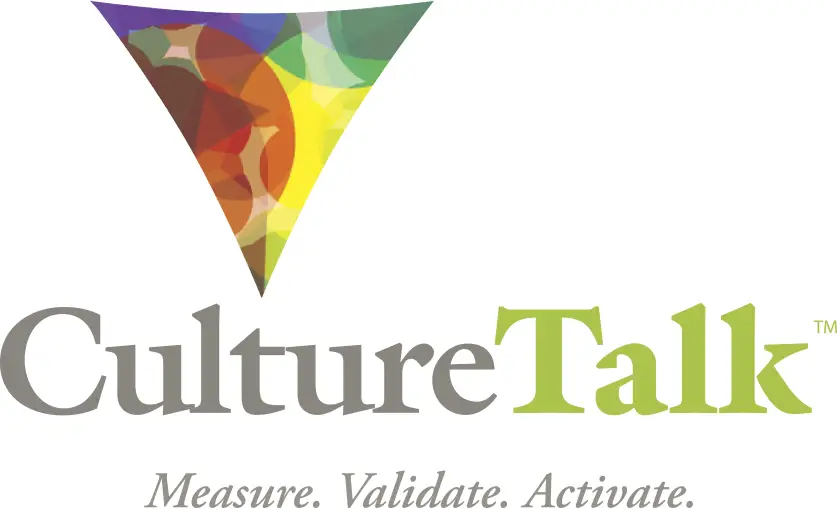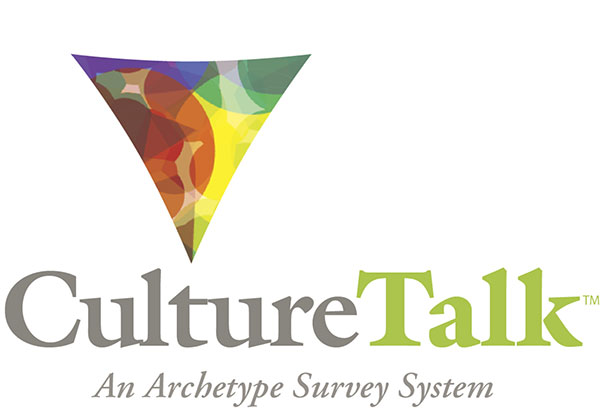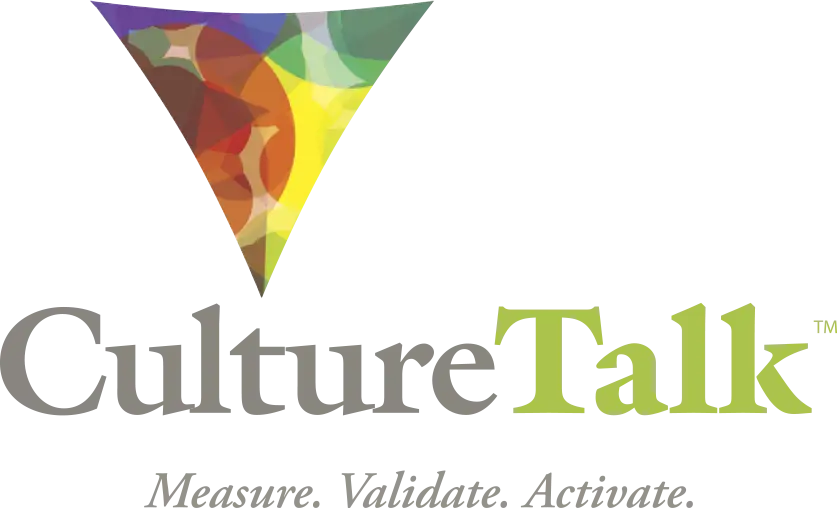The Behaviors You Tolerate Might Be Killing Your Culture
- December 12, 2023
- 6:49 pm
- Theresa Agresta
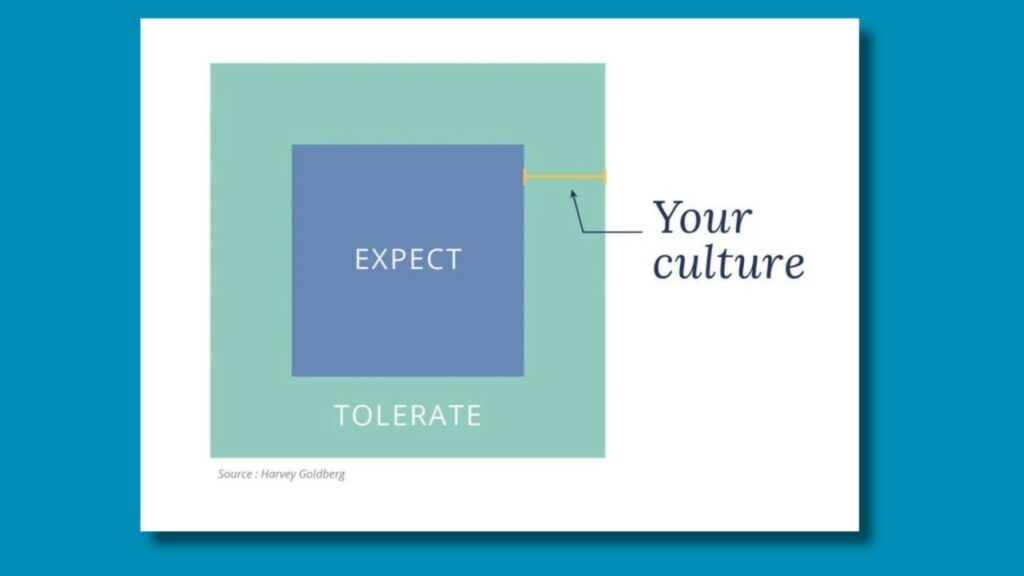
At a recent meeting of her executive team, a leader made a suggestion that was not well received. She sat back, smiling inwardly, as one by one, other executives shot down her idea in a spirited exchange.
“I was thrilled,” she recounted.
In the not-too-distant past this same leadership team would have responded with indifference to an idea they didn’t like.
“In the room, you could hear crickets. But there was also an undercurrent of fear that it wasn’t safe to speak up,” she shared, “or that no one would listen.” The fact that she had inherited these issues did not make it any easier.
These beliefs created resistance. They leaked into other unhealthy behaviors — like leaders sharing what they were upset about outside the boardroom, or passing important decisions up the ladder.
And they sent an unmistakable message to employees: We lack trust in our own authority. You and your ideas are not safe.
In this culture, these behaviors had become normal. Not because they were aligned with expectations. (The leader repeatedly asked for honest input.)
But because they were tolerated.
Many organizations believe they’ve laid out clear culture expectations. And they point to a trail of evidence — it’s written into our values and posted on the website, it’s spelled out on inspirational posters, it’s boasted about in recruiting campaigns and executive-led onboarding sessions. Done well, it’s embedded in policies and programs.
Yet, if we were to point them to actual behaviors, we might uncover a different reality.
You see, the behaviors that are tolerated in an organization are like the emperor who has no clothes.
While we all observe the actions and attitudes that break with our stated culture, we are often not allowed to talk about them. This happens when we believe in the story we’re telling more than the one we’re living. To add more complexity, the things we tolerate generally shift over time.
And, there is another problem that is hard to account for. Culture often evolves organically in ways that are difficult to articulate or enforce. It’s found in the “unwritten rules of engagement.” Consider for a moment the messages your organization sends through its actions around:
- Family needs
- Humor in the workplace
- Health and wellness
- Learning and career growth
- Activism (Justice related events and the climate crisis)
- Political endorsements or outcomes
Culture can also be idiosyncratic and woven through interpersonal relationships and day-to-day happenings that are impossible to regulate, such as chance conversations on a business trip or shared complaints during tight deadlines.
What unwritten behaviors does your culture tolerate?
Here is a quick self-assessment to help you focus on the gap between your stated culture and the behaviors you tolerate at your organization. Do any of these statements trigger recognition for you? Do they call to mind other ways you or your leadership team are not walking your talk?
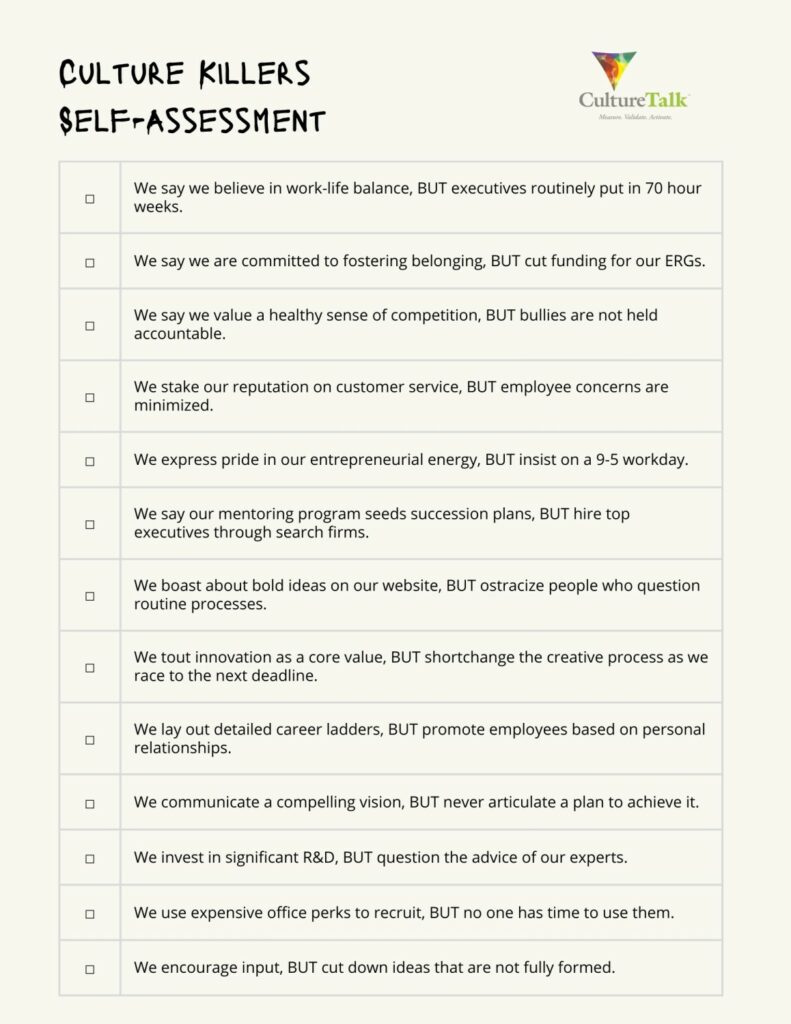
There are many reasons we tolerate misaligned behaviors. From hitting sales targets and launch dates, to running short on patience and time, we believe that letting things go just this once won’t have a real impact. It can be painful to honestly evaluate how far we may have slid from our intentions.
Back in the boardroom…
Our leader had recognized her executive team’s unwillingness to voice ideas and make decisions were symptoms of a toxic culture and she committed to uncover the root of the problem.
She started by inviting members of the team to share their personal stories and experiences using the CultureTalk for Individuals assessment, which increased trust and relationships between individual leaders. They became more comfortable speaking up, and although it was awkward at first, she supported regular practice.
At the same time, she commissioned a baseline audit using the CultureTalk for Organizations survey. The results highlighted clear culture patterns at play. Leaders were able to align observed behaviors with the framework of Archetype, human storylines that convey motivation and meaning and are easy to recognize and understand.
While there was much evidence of the strengths of their culture profile, many challenging behaviors were also observed as ‘shadows’ of those same patterns. This balanced evaluation allowed the team to see how positive, expected cultural norms cross into shadow behaviors under stress, even as the underlying motivation remains the same.
Because the motivation still feels positive, the slide down the slippery slope into ‘tolerated’ behaviors can be hard to recognize at first. Over time, unfortunately, changes are compounded.
The team quickly identified not only WHAT was going wrong, but the underlying drivers for WHY the behaviors had developed and HOW they were perpetuating problems. Most importantly, the process created a safe space to create an action plan for change.
Fast forward a year and now a very different dynamic is at play. Our leader is reaping the benefit of consistently leaning into her organization’s culture as a strategic lever.
If you suspect there are hidden challenges in your culture, getting back on track will require:
- A way to measure the attitudes and actions that are tolerated in your organization;
- A framework to identify gaps between the lived experience and the aspirational culture; and,
- A safe space to talk about what you uncover.
Only when you connect the dots between the culture you want to create and the leadership behaviors that will get you there will you be on the road to a sustainable solution.
Are you ready to broaden your understanding and your impact as a leader of culture?
Have you just been handed the culture torch? You may be interested in a new course CultureTalk is offering. Coming January 2024, Workplace Culture in Practice introduces principles for activating workplace culture as a strategic asset.
This course will cover:
- Why it is difficult to name or define cultural expectations
- How culture grows and evolves organically
- The interdependency of people and organizational systems
- 5 Culture Gaps that compromise the success of initiatives
- 6 Critical Paths where you can integrate culture
- How to design and activate a CultureCode
Check out the Workplace Culture in Practice course or connect to share what you’re working on and how CultureTalk might support you in accelerating your success.
